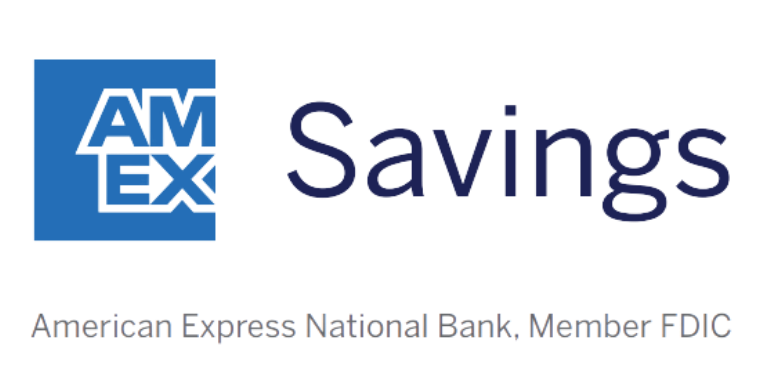There’s a reason CDs have been such a popular savings tool since the start of the year. Although CD rates have recently started to inch downward, they’re still sitting near record highs. That gives you a solid opportunity to earn a nice return on the money you have in the bank.
But if you’re going to open a CD, you need to know what you’re getting into. And that means knowing the truth about how CDs work and whether they’re really as wonderful a savings tool as they’re made out to be.
With that in mind, here are a few lies you may have heard about CDs — and the real story behind them.
1. You can’t lose money with a CD
If you choose a bank that’s FDIC insured and you limit the amount of money you have in a CD to $250,000 or less (including any interest you earn), then you can’t lose money to a bank failure. But that doesn’t mean you can’t lose money with a CD.
Our Picks for the Best High-Yield Savings Accounts of 2024
|
Capital One 360 Performance Savings 
APY 4.25%
|
APY 4.25%
|
Min. to earn $0 |
|
Discover® Online Savings 
|
Min. to earn $0 |
|
|
American Express® High Yield Savings 
APY 4.25%
|
APY 4.25%
|
Min. to earn $0 |
If you end up needing to take an early withdrawal from a CD, you’ll generally face a penalty for doing so. And while the amount of that penalty will be at the discretion of your bank, it’s pretty common to face a penalty of three months of interest for an early withdrawal from a CD of 12 months or fewer. So if you have $10,000 in a 12-month CD with a 5.00% APY, an early withdrawal penalty could cost you $125.
2. It’s best to open a single CD to track your money easily
You may have been told that it’s best to put all of your money into a single CD. That way, it’s easier to keep track of, whereas juggling multiple CDs with different maturity dates might be more of a strain on your brain.
But there’s a big benefit to having multiple CDs. If you set up a CD ladder, you’ll have a portion of your money maturing at different intervals. This gives you more consistent access to your money. And it could be your ticket to avoiding an early withdrawal penalty.
Say you put $10,000 into a 12-month CD that matures next September. If you need $2,000 of that in February to cover an unplanned car repair, you may be looking at a three-month penalty, even if you’re only withdrawing a portion of your CD’s balance (banks usually take an “all or nothing” approach, so your penalty is the same whether you withdraw a small portion or the whole thing).
But let’s say that instead of a 12-month CD maturing in December, you decide to open four $2,500 CDs with these maturity dates: three months, six months, nine months, and 12 months. With this setup, you have $2,500 freeing up every three months. In our example, you wouldn’t necessarily be out of luck for that car repair, because you’d have the $2,000 available to you.
3. It’s hard to beat the returns CDs are offering today
It’s getting harder to find 5% CDs these days, but you can still snag an APY in the high 4.00% range. That might seem like a return that can’t be beat. But you should know that the stock market’s average annual return over the past 50 years is 10%. If you put your money into a stock portfolio for a long time, you might earn a much higher return than what a CD will pay you.
However, keep in mind that investing in stocks isn’t something you should do on a 12-month basis. Stock values can fluctuate quite a bit from one year to the next, so it’s important to invest on a long-term basis.
If you’re looking for a home for your money for the next year or so, then CDs are the smarter bet. But if you’re thinking about opening a CD to save money for a retirement that’s 20 years away, you might do a lot better with stocks.
If you invest $10,000 today and your portfolio gives you a 10% return over the next two decades, you’re looking at a little over $67,000. It’s hard to say what a series of CDs might give you during that same window, since CDs could spend many years paying 2% or less. Or, they might pay more. But suffice it to say that you’re likely to earn a lot more with a stock portfolio than a CD in the long run.
Opening a CD could be a strategic move right now — especially if you do so before rates start to fall more consistently. But know the truth about CDs before putting your hard-earned money into one.

